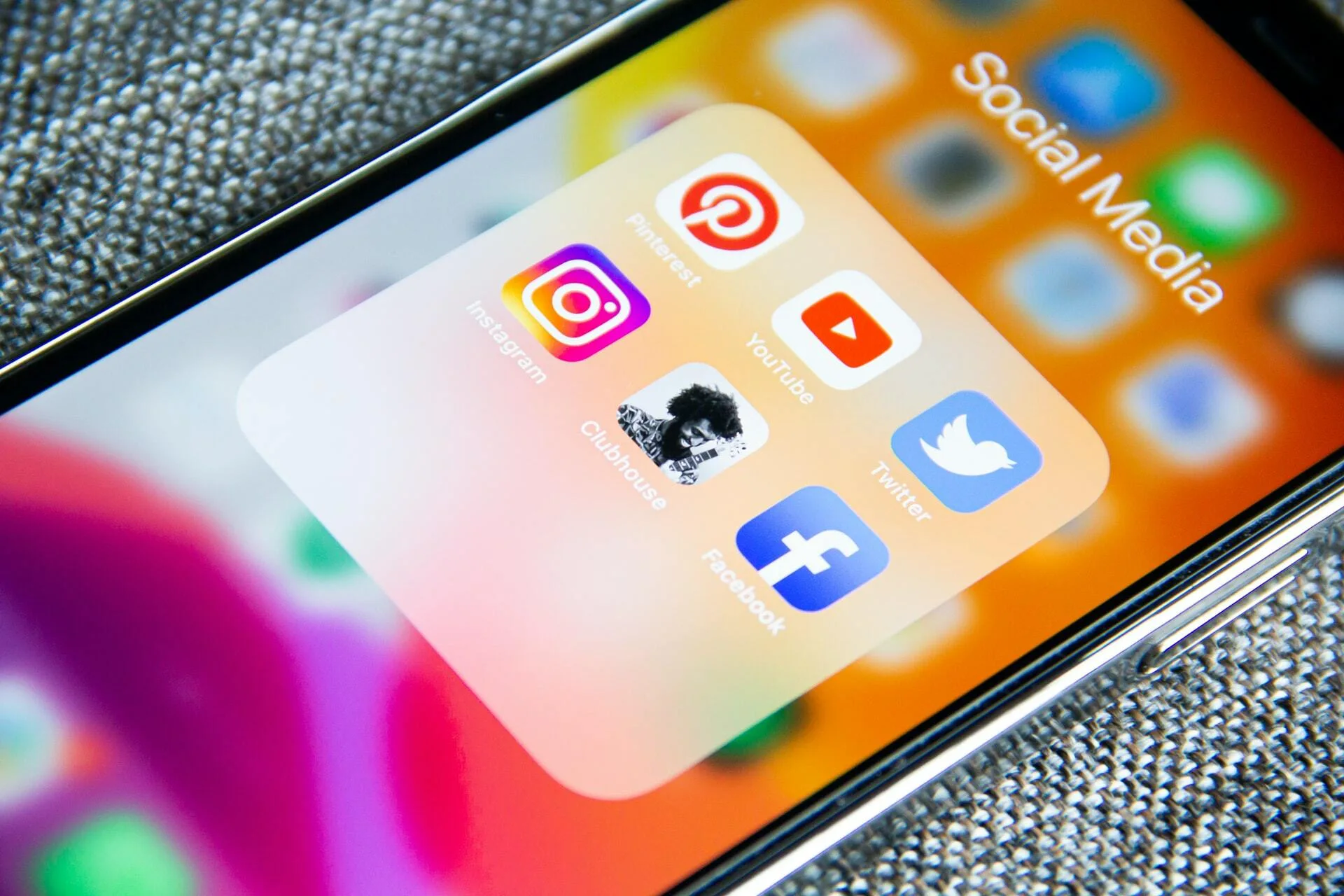Flow Communications has a wide variety of clients, from educational institutions, game lodges and state-owned enterprises to banks and non-governmental organisations.
We get to learn a lot through our work with each of them and, on 8 September 2021, we got the benefit of hearing several marketing experts discuss a topic close to our daily work, “The growth of social media influencers and content creation in South Africa”, at a webinar hosted by our client Wits Business School (WBS).
Influencer marketing is one of many tools in a marketer’s toolkit and can be effective in raising awareness of a brand’s products and offerings, said Dr Karabo Sitto, a lecturer in strategic communication at the University of Johannesburg.
So, what is influencer marketing and when should you use this tool?
Influencer marketing is a form of social media marketing in which an influencer – someone who is an expert in a field, or who has social standing – is employed to endorse a brand and popularise its products and services.
It is a strategy through which a brand can achieve wider reach, said Thomas Anning-Dorson, an associate professor in the University of the Witwatersrand’s School of Business Sciences.
The benefits of influencer marketing can be compelling – it is an excellent way of expanding the reach of a brand or product, introducing it to people who might otherwise not have come across it.
Influencers and brand ambassadors are not doing the same job, said Anning-Dorson. While both forge relationships aimed at expanding a brand’s reach, brand ambassadorship involves a longer-term contract and a stronger alliance. Influencers amplify the work done by ambassadors.

How to begin
Brands that choose to use an influencer to market their products need to make sure that their brand aligns with the image the chosen influencer portrays through their social media and lifestyle, said Ntandoyenkosi Kunene, an entrepreneur who is an influencer and a former Miss South Africa.
The same goes for the influencer, she said. “Yes, there is money involved, but it’s not all about money. Influencers need to look at the brand and how it affects their personal brand.”
This calculation – from the brand hiring the influencer, or the influencer accepting a contract with a brand – is important for “brand safety” on both sides of the equation. Any misstep from either side can damage the other.
Do your homework, said Kunene, but know that you can only do so “to a certain point”, and have a damage control strategy in mind.
Brands looking for an influencer to market their products or services should investigate the influencer’s content and the social media platforms they use to disseminate it.
“Content is key,” said Sitto. “An influencer is an influencer because of the content they produce, the way it delivers a story.”
This doesn’t mean that once an influencer and a platform are chosen, all marketing should be left up to that influencer. “The brand work must be done by the organisation. An influencer is an influencer, not a salesperson.”
And this brings us to return on investment (ROI), because contracting an influencer is an investment.
This is where brands can trip themselves up, often because they expect the influencer to directly influence sales. Instead, marketers should focus on developing a brand story that is believable and compelling, and into which the chosen influencer fits.
While conversion tracking can help a brand link the influencer to ROI, it is better to look at how the influencer broadens brand awareness. That is their forte.
Kunene used the example of a brand “following” a mother through her pregnancy and the first months or years of her child’s life to illustrate how a brand can ensure that its relationship with an influencer comes across as authentic. So, the products the influencer mother uses would change, but she would stick with the brand, using lotions that help to prevent stretch marks, then nappies for newborns, and so on, as her baby grows.
Sitto also warned brands that they must choose an influencer whose lifestyle suits the product, not one the CEO happens to like. “Focus on your target market,” she said.
And finally …
It is important to remember that influencer marketing is a tool, one that can be effective, but not one that should be considered “a magic bullet”, said Sitto.
“Influencers have a role to play, but your brand does not have to be everywhere. Be clear about your goals and use your resources efficiently.”
